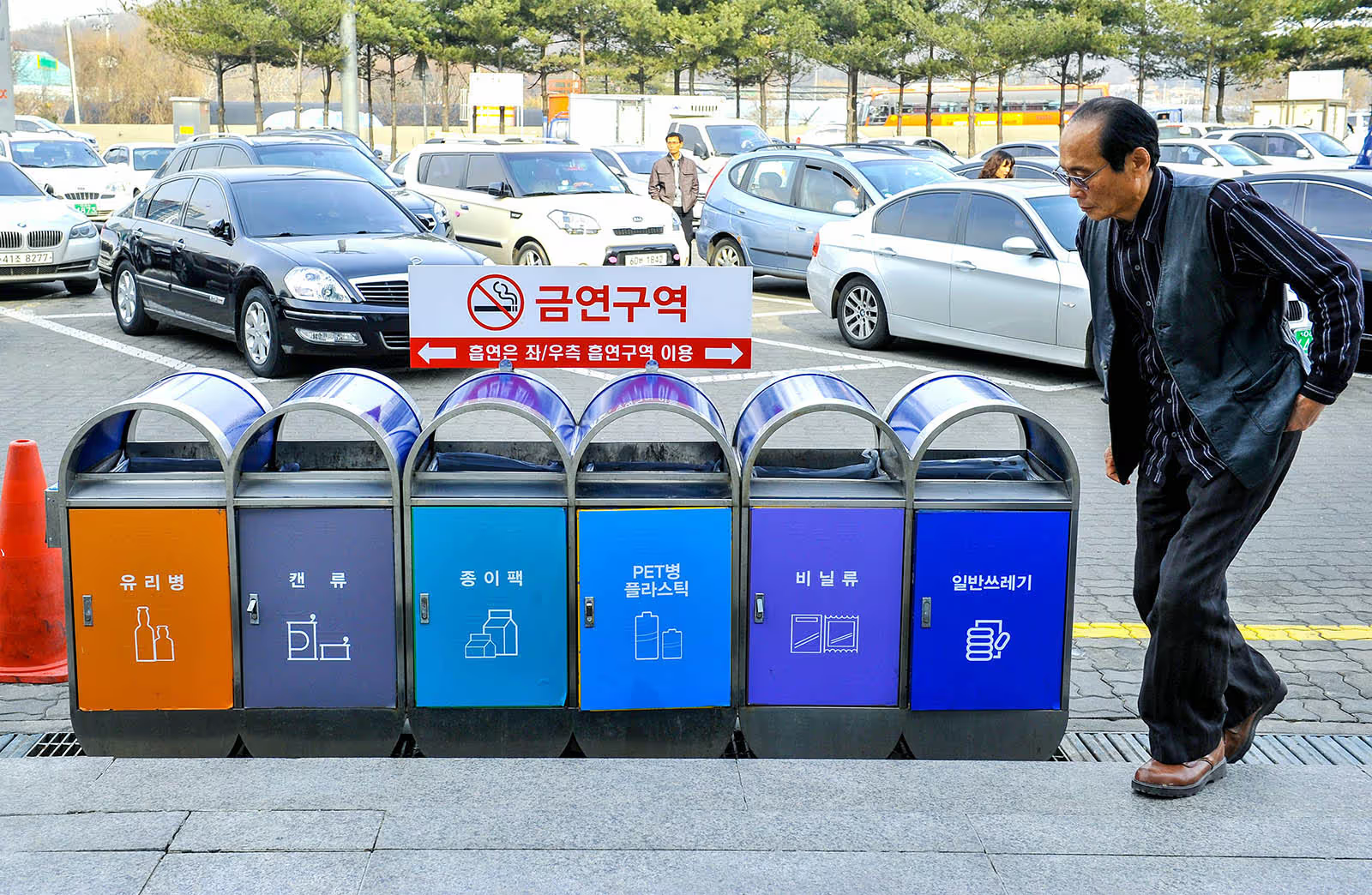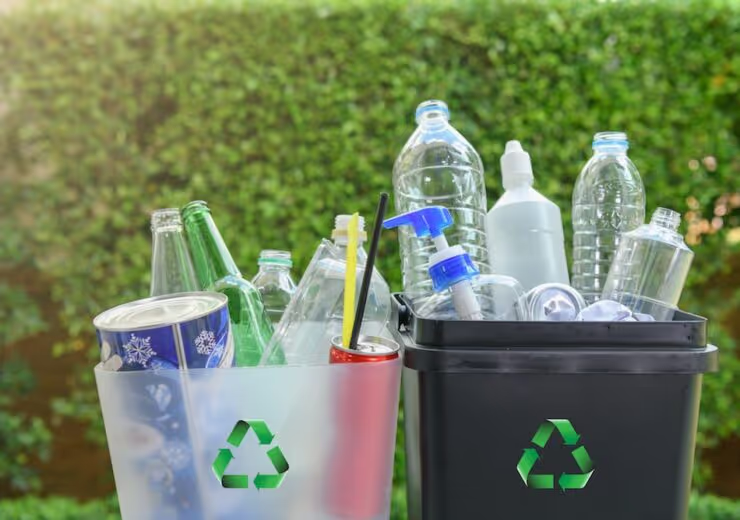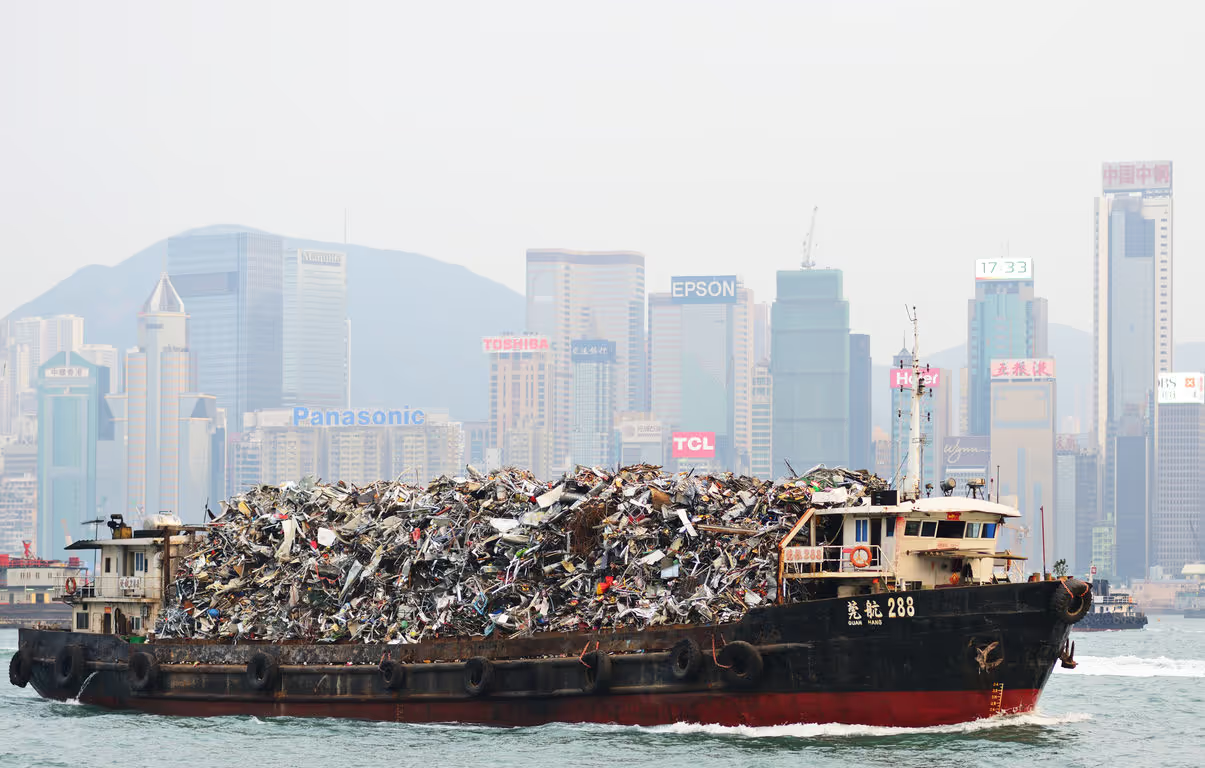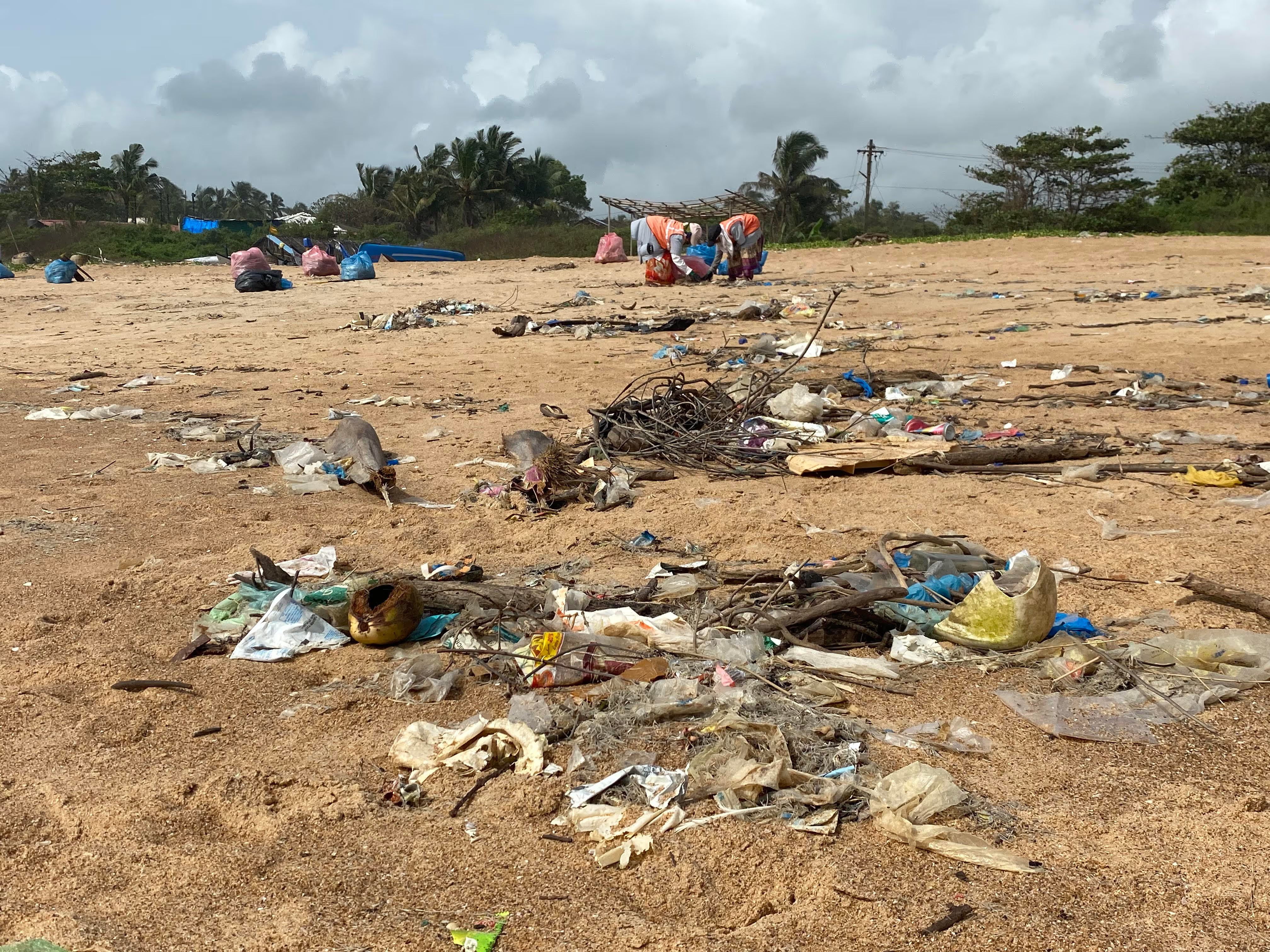Recycling is a $200 billion industry, according to the Bureau of International Recycling. In most countries, recycling is perceived to be a governmental issue rather than a personal responsibility. In countries such as the United Kingdom and Germany, recycling is regulated by the government and in others, consumers are forced to recycle by law.
Even though recycling is essential for waste management, most of us struggle to recycle everyday items due to a lack of knowledge and personal incentive to do so. Not recycling correctly is contributing to wastage: recyclable products are not getting recycled.
Here are seven recycling facts from around the world that you should know about:
1. Germany Recycles the Most in the World

According to a 2017 World Economic Forum report, Germany has the highest recycling rate in the world, recycling close to 56% of its waste. Germans like to see their country as a role model for recycling with strong rules regarding waste separation. In 2003, Germany’s Social Democrat/Green coalition government introduced the Pfand (deposit) system which had an overwhelmingly positive effect on littering. Pfand is an additional deposit you pay as part of the price of a bottle or can, which gets reimbursed to you when you return the container to a vendor.
2. South Korea is the Highest-Ranking Asian Country for Recycling

In 2018, South Korea became the only non-European country to be in the top five recycling nations with a recycling rate of 53.7%.
South Korea also implemented policies that include the banning of colored plastic bottles and PVC by 2020 and phasing out disposable cups by 2027. Waste disposal and recycling policies are set by the Ministry of Environment, and garbage collection is organized at a municipal level. Following this system is mandatory and penalty charges are levied for non-compliance.
What’s more, South Korea has reached the No. 10 spot in 2022’s “Green Future Index.
3. Oregon was the First State to Pass a Bill Intended to Increase Recycling

Around 50 years ago, in 1971, Oregon became the first state in the US to pass a bill intended to increase recycling.
Attempts were made to reduce litter through financial incentives – consumers were compensated for recycling soft drink and beer containers instead of tossing them in the trash. Today, many states including California have taken inspiration and instituted similar programs such as the California Refund Value that pays individuals for contributing certain items to recycling centers, as mentioned earlier.
Is your business looking for solutions for your plastic packaging footprint? Get in touch with our BD team at letstalk@repurpose.global to explore how rePurpose’s plastic action solutions can support your brand’s goals for plastic reduction and waste recovery.
4. Sweden is Aiming for Zero-Waste through Panta

Sweden is revolutionizing recycling and aspires to a circular economy using only products which can be reused completely. Sweden has long had a deposit system that pays people back when they recycle. This plastic recycling scheme for bottles and cans is called “panta” and is commonly found on recyclable bottles. People trudging to the supermarket with their plastic bags full of cans and bottles are a common sight. Every year the Swedes recycle about 1.8 billion bottles and cans that would otherwise be thrown away.
5. Switzerland and Austria fine their citizens for not recycling

It’s true. You may not have heard, but Switzerland takes recycling very seriously — so much so, that the failure to recycle can result in stiff fines.
Austria is not that far behind — you can be fined with a penalty of up to €36,340 or sent to up to three years in prison for unlawfully dumping waste in Austria. The penalty is the same for the unlawful discharge of hazardous substances into the water.
It is safe to say that waste management is crucial in Switzerland and Austria and the government is one of its biggest enforcers. Recycling around the world may see major improvements with state-led initiatives like this after all!
6. Norway is 10 years ahead of the EU's 2029 recycling targets

The EU has set a target for recycling 90% of plastic packaging by 2029. While most countries in the European Union are doing incredibly well, Norway – which is not an EU member state – is showing its EU neighbors how it’s done by exceeding the targets 10 years in advance.
7. Recycling Doesn’t End at Home

For more than 25 years, many developed nations like the U.S., UK, Germany, Japan and Mexico have been some of the biggest exporters of scrap plastic to China. John Hocevar, Oceans Campaign Director for Greenpeace USA in 2018 stated that “Instead of taking responsibility for their own waste, US companies are exploiting developing countries that lack the regulation to protect themselves”. China’s decision to no longer accept waste has further cast light on the scale of the global plastic waste crisis. However, the ban has also created an opportunity for the countries to take responsibility for their own waste management. These facts show the progress that some countries are making, and provide inspiration for others.
Start taking care of your plastic waste and go Plastic Neutral with us today. You can begin by doing something as simple as calculating your plastic footprint. If you are a brand that wants to take plastic action, reach out to us at letstalk@repurpose.global or on our contact page today.



.avif)








